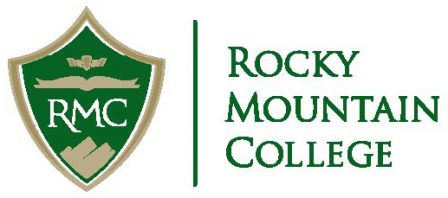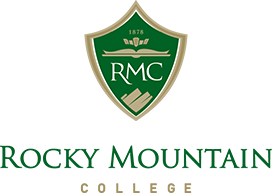Chemistry
February 1, 2022 2024-04-26 17:42Chemistry
The Central Science
Chemistry, the study of matter and its transformations, provides an understanding of the world around us at the molecular level. The chemistry program at RMC offers students an exceptional undergraduate chemistry education in all of the areas of chemistry. The small lecture and laboratory class sizes allow our dedicated professors to provide individual attention to each one of their students. Our upper-level courses provide students a chance to follow their curiosity, developing strong critical thinking skills while exploring the central role that chemistry plays in the sciences and in their lives.
Graduates of our chemistry program are well prepared for research careers in either academia or industry. Recent graduates of our chemistry program have also excelled in other disciplines such as medicine (M.D., D.O., and P.A.), pharmaceutical science, veterinary science, and engineering.
RMC graduate Cindy Rohrer, Senior Analyst at Energy Laboratories, Inc., Billings, MT
Degree Options
Majors
Chemistry
Science Broadfield Education Chemistry
Minors
Chemistry
Chemistry students frequently double major with Biology and Health and Human Performance!
Explore the Course Catalog
Featured Courses
The Rocky Advantage
Career Ready
RMC Chemistry students are prepared for a wide range of careers.
Toxicologist
Water Chemist
Forensic Scientist
Medical Doctor
Faculty
Contact
Rocky Mountain College
1511 Poly Drive
Billings, MT 59102





